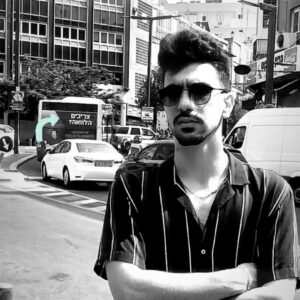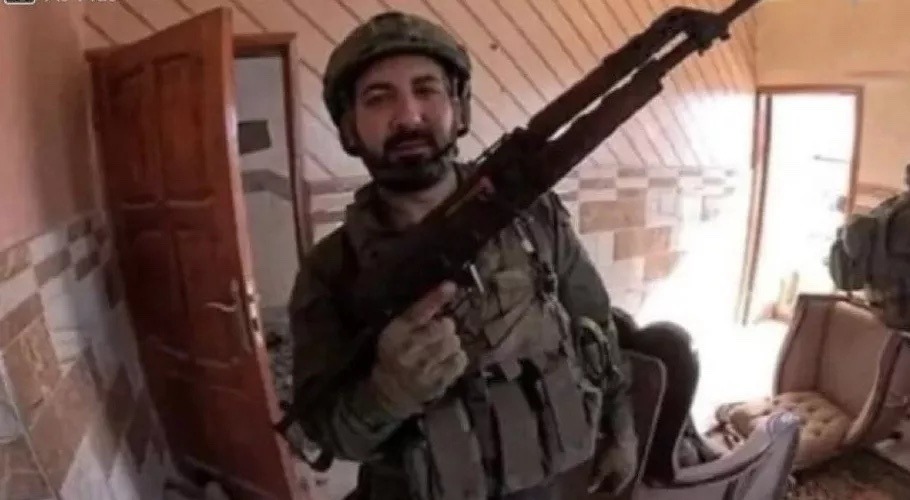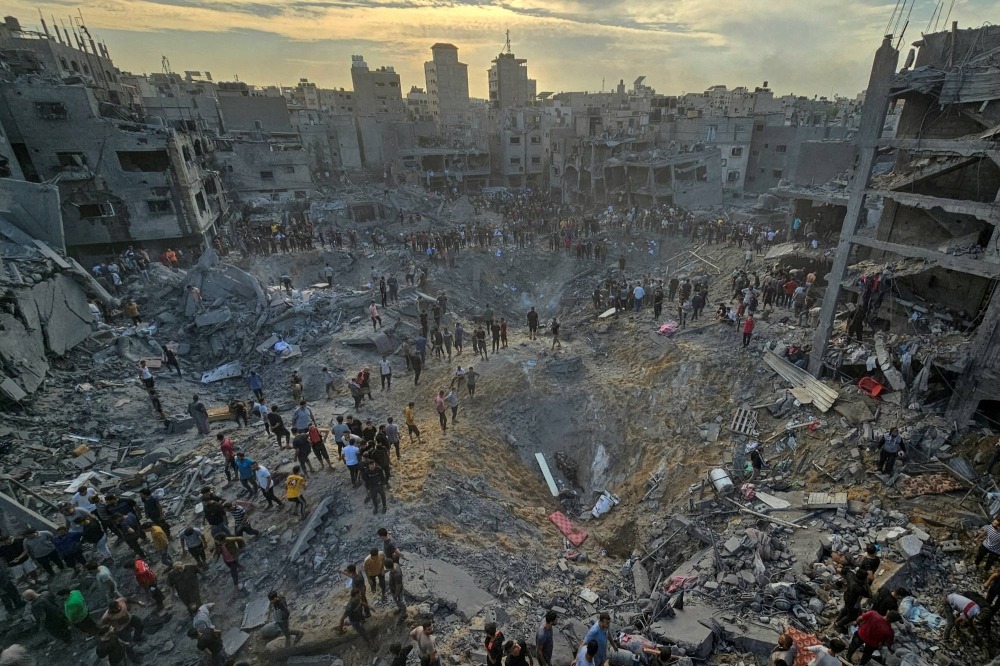An Israeli soldier, Moshe Avichzer, is under threat of facing war crimes charges in Morocco, in what could be a landmark case in international law and a pivotal moment in the ongoing Israel-Palestine conflict.
Avichzer, who arrived in Marrakech for a vacation in July, was identified by Moroccan lawyers as having participated in Israeli military actions in Gaza.
The accusations against him include involvement in genocide and ethnic cleansing during his service, with some legal experts describing him as a “mercenary” under international law.
Legal Proceedings and Evidence Review
The Rabat Court of Appeal has agreed to hear the lawsuit, categorizing it under terrorism-related crimes.
Although the case was initially dismissed by a prosecutor in Marrakech, a group of Moroccan lawyers presented compelling evidence, including social media posts in which Avichzer allegedly boasted about his actions in Gaza.
This case relies on Morocco’s Anti-Terrorism Law, specifically Article 711-1 of the Moroccan Criminal Code, which allows for the prosecution of individuals for terrorist offenses committed abroad if they are present in Morocco.
Public Outcry and Political Ramifications
Avichzer’s presence in Morocco has sparked widespread protests.
Demonstrations erupted in Marrakech in late July, where protestors waved Palestinian flags and demanded both the prosecution of Avichzer and the termination of Morocco’s normalization deal with Israel, signed in 2020.
Weekly protests continue across the country, driven by Moroccan citizens, political figures, and human rights organizations advocating for an end to ties with Israel.
The Moroccan Front for Supporting Palestine and Opposing Normalization, along with various local organizations, has been at the forefront of these protests.
They call for Avichzer’s prosecution and criticize the normalization of relations with Israel, condemning what they describe as atrocities in Gaza that violate both Moroccan and international law.
Potential Diplomatic Fallout
The case poses a significant diplomatic challenge for Morocco, potentially straining its relations with Israel.
Established in 2020 as part of the Abraham Accords, Morocco-Israel ties could be tested if Morocco proceeds with the trial.
Analysts suggest that this could set a precedent for prosecuting military personnel for alleged war crimes, amplifying efforts by international human rights organizations to seek accountability for such actions in conflict zones like Gaza.

Uncertain Legal Outcome
If the trial moves forward, it would mark the first war crimes prosecution of an Israeli soldier in North Africa. Human rights advocates view this as a potential turning point in international law, though the outcome remains uncertain.
The Moroccan judiciary will have to navigate complex legal and diplomatic issues, including potential fallout that could affect the broader Morocco-Israel relationship.
Backdrop and Broader Context
Morocco’s normalization of relations with Israel in December 2020, in exchange for U.S. recognition of Moroccan sovereignty over Western Sahara, led to increased military and trade relations between the two nations.
This trial threatens to disrupt those ties, particularly as public protests in Morocco intensify, calling for the annulment of the normalization agreements.
The case has drawn international attention, as its outcome could set a legal precedent for prosecuting war crimes beyond national borders.
If successful, it may open the door for further scrutiny of military conduct in Gaza and other conflict zones.
ICC and ICJ Intensify Investigations into Gaza Conflict
The potential trial of Avichzer comes amid escalating investigations by international legal bodies into alleged war crimes in Gaza.
The International Criminal Court (ICC) and the International Court of Justice (ICJ) are currently conducting probes into possible violations of international law by Israeli officials.
The ICC officially launched its investigation in March 2021, focusing on war crimes allegedly committed in Palestinian territories since 2014.
High-ranking Israeli officials, including former Prime Minister Benjamin Netanyahu, Defense Minister Benny Gantz, and Chief of General Staff Aviv Kochavi, are reportedly under scrutiny for their roles in military operations and policies affecting Gaza.
Simultaneously, the ICJ is reviewing broader legal claims related to Israel’s occupation policies, such as the blockade of Gaza and forced displacement practices.
While the ICJ does not prosecute individuals, its rulings could significantly shape international opinion and influence policy responses regarding Israel’s actions in the occupied Palestinian territories.
Global Calls for Accountability
Human rights organizations, including Amnesty International and Human Rights Watch, are urging the ICC and ICJ to hold accountable those responsible for violations of international humanitarian law.
They argue that the targeting of civilian areas, restrictions on humanitarian aid, and policies that collectively punish Palestinians necessitate international legal intervention.
As Morocco takes steps toward prosecuting Avichzer, the global community watches closely. The outcome could have far-reaching implications, potentially redefining the application of international law in conflict zones and setting a precedent for holding military personnel accountable for war crimes.
Israel has so far killed over 40,000 people in Gaza with many more unaccounted for, under the rubble.
Most of these people are civilians: women and children. Over 16,000 children have been recorded as having been killed by Israel in less than a year, with many thousands more permanently injured.




